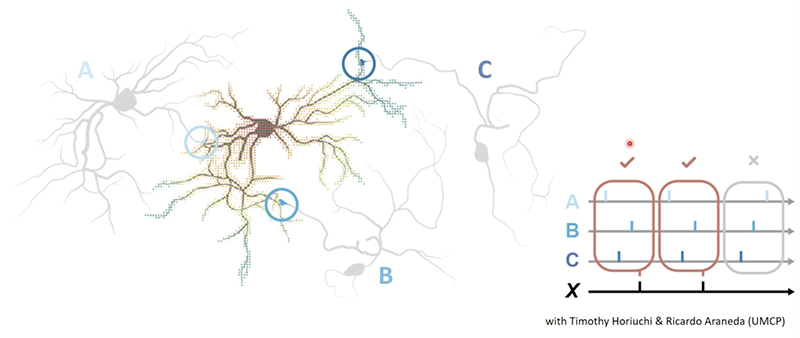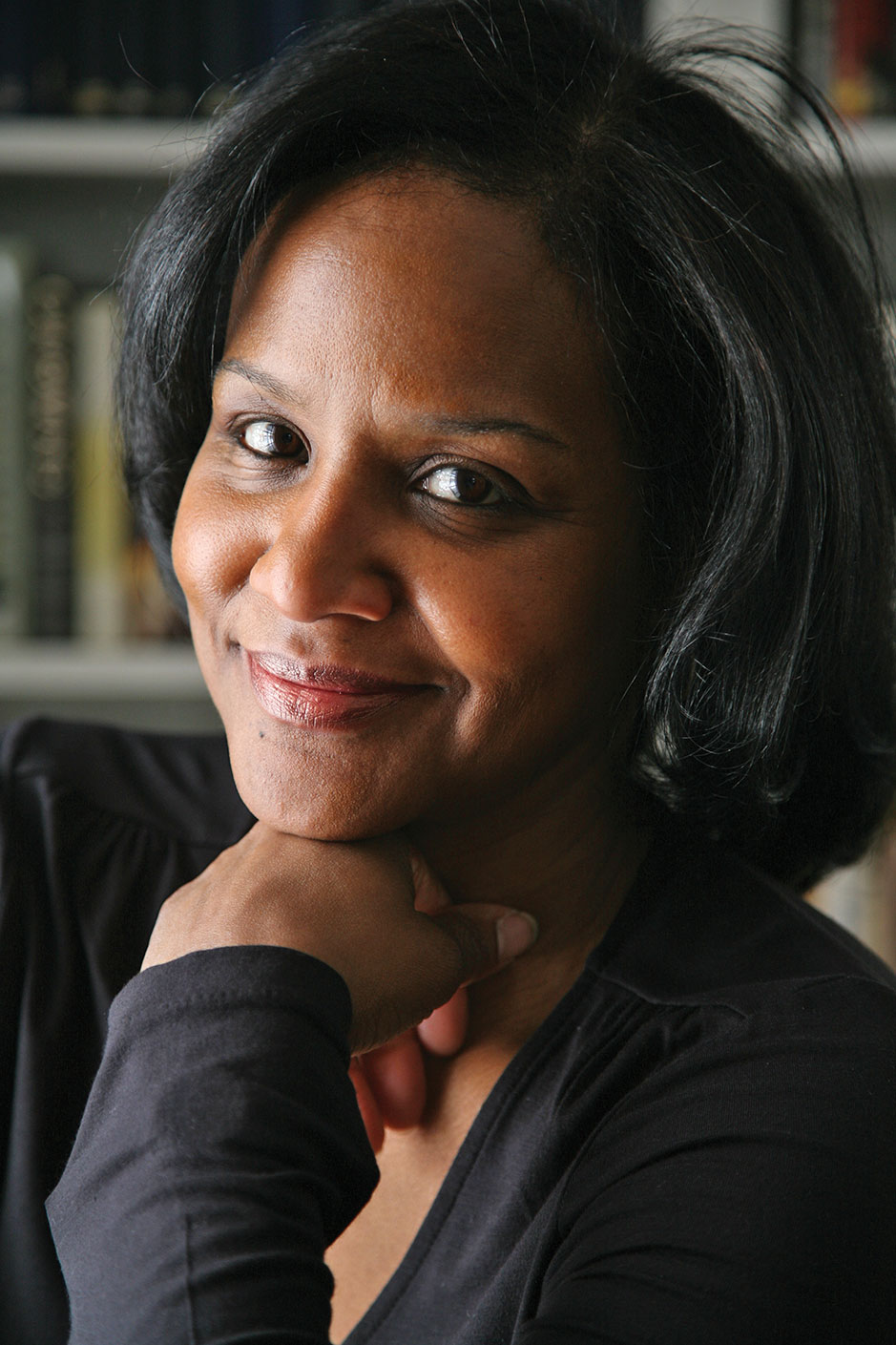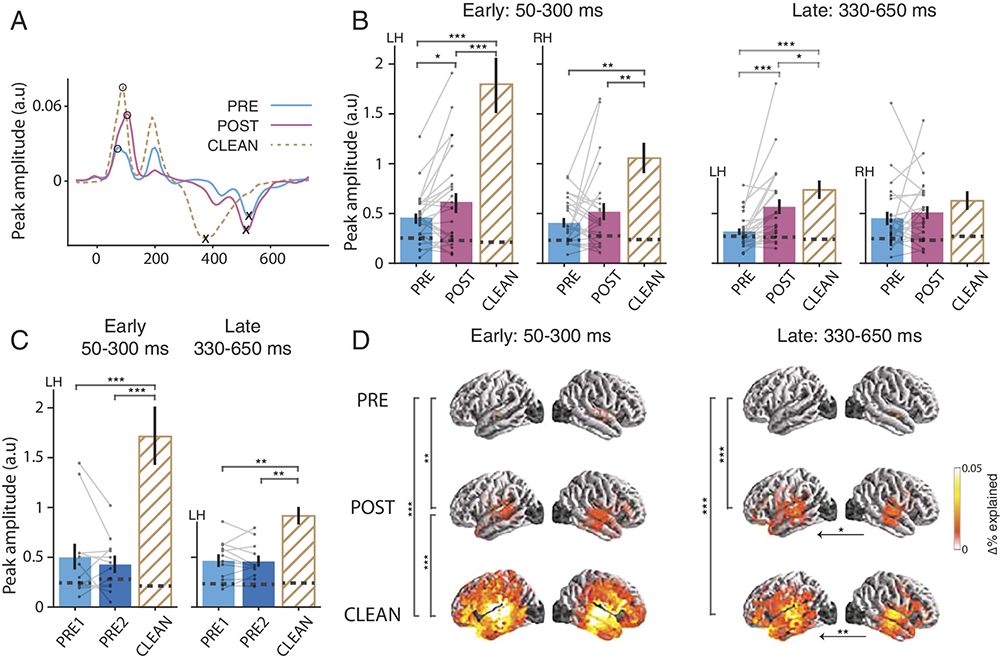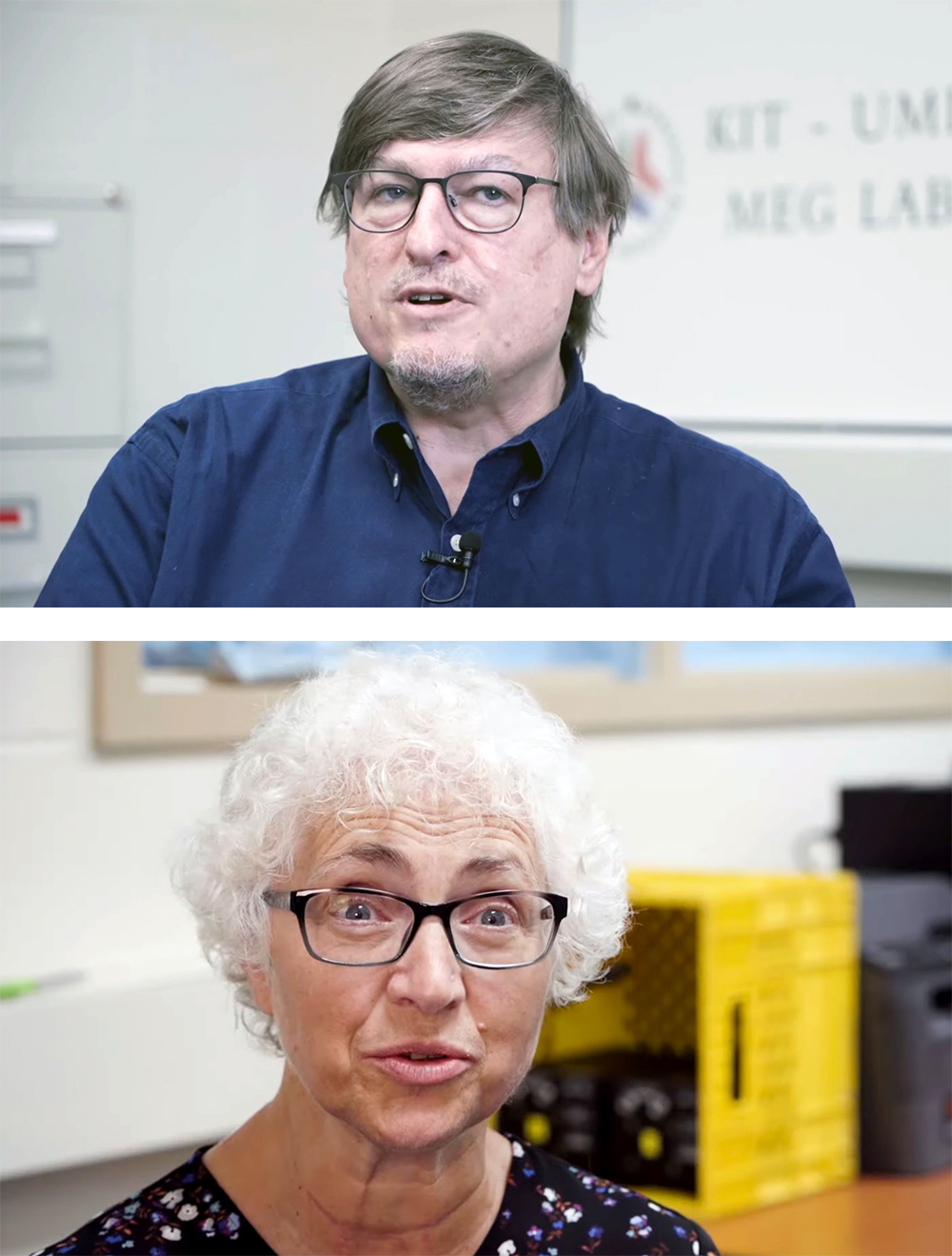News Story
Frequent research collaborator Deanna Kelly named 'MPower Professor'

Frequent ISR, ECE and BIOE research collaborator Deanna L. Kelly (University of Maryland School of Medicine—UMSOM) has been named one of eight UMD and University of Maryland Baltimore professors in the inaugural cohort of “MPower Professors.” This award from the University of Maryland Strategic Partnership: MPowering the State (MPower) recognizes, incentivizes and fosters collaborations between faculty in Baltimore and College Park.
The eight selected for this first-ever award exemplify a commitment to interdisciplinary and interprofessional collaboration, bridging research and scholarship between institutions to foster innovation. Each professor will receive $150,000, allocated over three years, to apply to their salary or to support supplemental research activities.
Kelly, a professor in the Department of Psychiatry at UMSOM and an affiliate professor at the University of Maryland School of Pharmacy, is the director and chief of the Treatment Research Program at the Maryland Psychiatric Research Center. She has led and been involved in numerous clinical trials involving schizophrenia and severe mental illness and has been active in psychopharmacology research for the past 24 years.
She is one of the collaborators with Professor Carol Espy-Wilson (ECE/ISR) on a pair of new four-year, NSF “Smart and Connected Health” grants, developing smartphone technology that can monitor mental health conditions in the time between clinical appointments. The app being developed one day could be useful to stay on top of conditions such as depression, anxiety and bipolarism. Espy-Wilson’s $842,431 grant, Using Multi-Stage Learning to Prioritize Mental Health, includes co-PIs Philip Resnik (Linguistics/UMIACS/BBI) and John Dickerson (CS/UMIACS).
Kelly is funded on a separate, related $307,565 NSF grant, Using Multi-Stage Learning to Prioritize Mental Health Risk Using Evidence from Speech and Text. Associate Professor Shuo Chen of UMSOM is Kelly’s co-PI.
Kelly and Espy-Wilson are also collaborating on a related $1.8 million AIM-HI (AI + Medicine for High Impact) grant, begun in 2020, that brings together artificial intelligence and medical experts to target major health care challenges. Their project, leading a shift in machine learning for mental health, treated the dominant paradigm of individual-level classification or regression not as an end in itself, but as providing necessary components in a broader framework. Resnik and Dickerson are also working with them on this project.
Previously, Kelly worked with alums Thomas Winkler (BIOE Ph.D. 2017); Florence Stevenson (ME BS 2018); Institute for Bioscience and Biotechnology Research (IBBR) Faculty Research Associate Eunkyoung Kim and Postdoc Mijeong Kang; Professor Gregory Payne (BIOE/IBBR); and Professor Reza Ghodssi (ECE/ISR) on research to build schizophrenia drug monitoring lab-on-a-chip devices. The work, “The Role of Microsystems Integration Towards Point-of-Care Clozapine Treatment Monitoring in Schizophrenia,” was featured on the cover of the March 2018 IEEE Sensors Letters.
She also worked with former ISR Postdoctoral Researcher Hadar Ben-Yoav, Professor Gregory F. Payne (BIOE), Ghodssi, and others on “the MiND project” to develop analytical microsystems for neuropsychiatric disorders. Kelly is an inventor on U.S. Patent 9,581,536, the lab on a chip device that resulted from this research.
Published November 12, 2021








